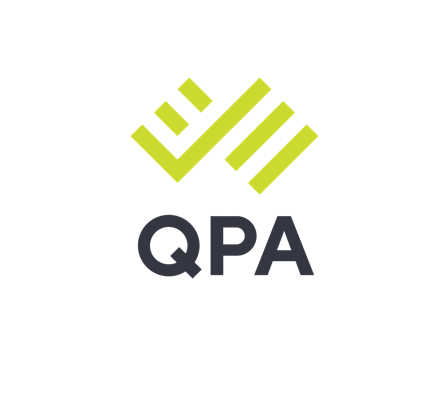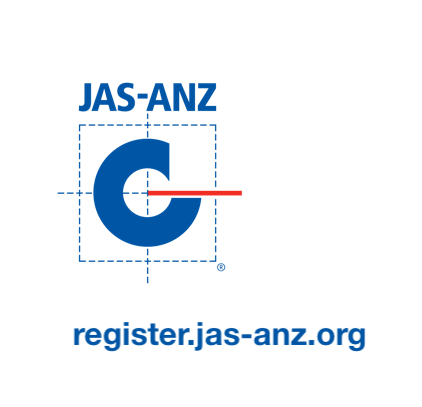Incontinence is very common and can occur across all ages, however many of these problems can be fixed or improved with management.
What we do for you
During your journey through the continence service, you will have a continence assessment conducted to determine:
- What your individual continence issues are
- What may be some of the causes
This will enable you to be involved in planning some strategies to help manage your continence.
You will be assisted and encouraged to participate in the management of your continence.
You will be seen by the Continence Nurse Advisor and Geriatrician whilst on the program to ensure that you receive the best management possible. We are able to refer you for further specialist intervention if necessary. With your consent, we will share your management with your GP to ensure that you have a long term management plan for your continence.
We aim to help you better manage your continence and improve quality of life.
Costs
With a GP referral, you will be eligible to be bulk billed and therefore will be seen at no cost to you.
Appointments
When
Thursdays 8:30am – 12:00pm
Where
Bremer Medical Centre
Who can be referred
People who are aged 65 and over, or younger people with a disability or chronic medical condition are eligible to attend the continence service clinic.
A GP referral is required and is to be addressed to ‘Continence Clinic – Bremer Medical Centre’.
Bookings
To make a booking, please call us on (07) 3381 1800
More common than you think
Incontinence is a widespread condition that ranges in severity from ‘just a small leak’ to complete loss of bladder or bowel control. In fact, 1 in 4 adult Australians across all ages have incontinence for a variety of reasons. Incontinence can be treated and managed. In many cases it can also be cured.
Healthy bowel and bladder habits
- Drink well
- Eat a healthy diet
- Lead a positive lifestyle
- Get active
- Practice good bowel/bladder habits
- Get GP/Nurse/Physio/OT
Signs of a healthy bladder
Incontinence is a widespread condition that ranges in severity from ‘just a small leak’ to complete loss of bladder or bowel control. In fact, over 4.8 million Australians have bladder or bowel control problems for a variety of reasons. Incontinence can be treated and managed. In many cases it can also be cured.
A healthy bladder:
- empties 4-8 times each day (every 3-4 hours)
- may wake you up once at night to pass urine and twice if you are older (i.e. over 65 years of age)
- tells you when it is full but gives you enough time to find a toilet
- empties completely each time you pass urine
- does not leak urine
What makes a healthy bowel?
Being ‘regular’ is a way of describing healthy bowel habits or normal bowel function. We often talk about our bowels being regular but this is often misunderstood as meaning that you go to the toilet to pass faeces every day.
It’s common for people to empty their bowel once a day, although it’s still normal to be more or less often. Being regular really means that soft yet well-formed bowel motions are easily passed and that this happens anywhere from 1–3 times a day to 3 times a week. The bowel usually wants to empty about 30 minutes after a meal (commonly breakfast), but this can vary from person to person.
There’s more to healthy bowel function than just being regular.
For example you should be able to:
- hold on for a short time after you feel the first urge to go to the toilet – this allows time to get there and remove clothing without any accidental loss of faeces
- pass a bowel motion within about a minute of sitting down on the toilet
- pass a bowel motion easily and without pain – ideally, you shouldn’t be straining on the toilet or struggling to pass a bowel motion which is hard and dry
- completely empty your bowel when you pass a motion – you don’t have to go back to the toilet soon after, to pass more






